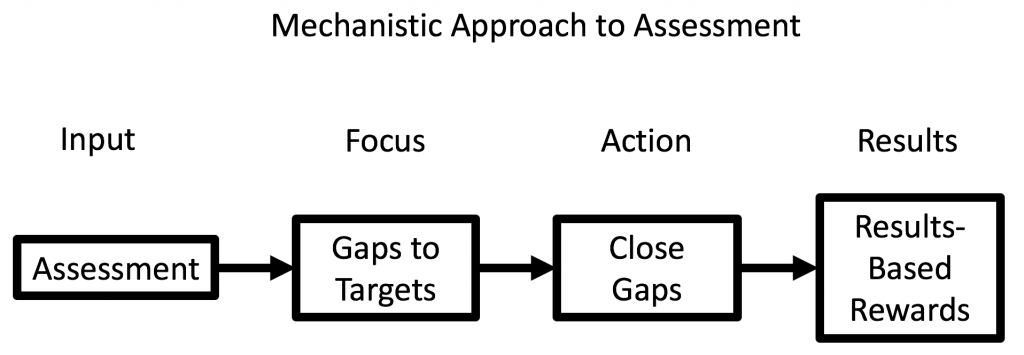In classical management, social status and status-seeking is understood to be both good and right. It is an integral part of the history of success of humans individually and the human race (humanity) whether in business, government, military, or religion. There is a very long, multi-millennia, history associated with status and status-seeking in most human societies. It is, in a real sense, our family’s history. A type of family history viewed positively, with great pride in what has been achieved, and acceptance of, and great loyalty to, the methods used to seek and gain status.
To criticize status and status-seeking is to impugn prior generations of our family members — those who sought and achieved status in society. Criticizing our beloved forebears and institutions, our family history, as something less than beneficent invites strong refutation. There is deep empathy for those who heroically struggled to climb higher and achieve more than others less motivated or less fortunate.
With this as our foundation, it is not surprising that most organizations today function in ways that encourage social status and status-seeking in relation to its strategy, goals, objectives. Hierarchies exist in some measure for the purpose of motivating people to climb ever higher. And the few that succeed are widely admired by society and enjoy rights and privileges that others cannot imagine. What actually happened, particularly anything bad, evolves into a mythologized story of perseverance and success passed from one generation to the next. Over time it solidifies as the truth and captures the sense of who we are and our greatness as human beings.
And so it is with the way in which Lean management is implemented in most organizations — the continuation of a long-established system of rewards and punishments based on measures of success or failure.
A recent article by Jeffery Liker, “Can You Assess Your Way to Lean?,” laments the “mechanistic” mindset and approach to implementing and assessing TPS or Lean. In it, he says:
Most large companies use assessments to support their lean work… I typically see them [assessments] being conducted as part of a mechanistic attempt to control processes. Trying to assess your way to lean mechanistically generally fails in achieving high-performing lean systems.

Liker goes on to say:
This approach [of viewing Lean as tools and assessments tied to rewards] fit his [the VPs] mechanistic mindset that the organization is a machine to be redesigned and transformed by implementing lean tools.
The VPs “mechanistic mindset” is a reflection of the mechanistic approach to status and status-seeking that is characteristic of hierarchical organizations generally, and classical management specifically; a mindset that has infused leaders of organizations over millennia.
“A mechanistic perspective sees failure as, well, failure—something that should be punished.”
Indeed; doing so is both good and right, consistent with the long scope of human history sometime before the start of the Holocene Era. It is part of the satisfying spectacle of winning and losing encoded into human thinking.
The so-called “sociotechnical system” that is TPS or Lean, wonderful as they may be, is anomalous with respect to how humans think and with respect to storied human history. This suggests a need to improve how progressive management is “sold” to leaders. It is a far more significant change than most TPS and Lean promoters realize, one that should begin with nemawashi. But instead, the usual action taken is some form of ex post facto correction — the “TPS sensei” described in Liker’s article.
There will be some cases where ex post facto correction by “TPS sensei” is successful, but the likelier outcome is failure given the mechanistic approach to status and status-seeking that is hardwired in the minds of most leaders and the processes and policies found in most organizations.
To change from classical management to Lean management, on a grand scale, we have to change history. Alternatively, history could be marshalled to change how leaders think and guide them towards a new direction.
